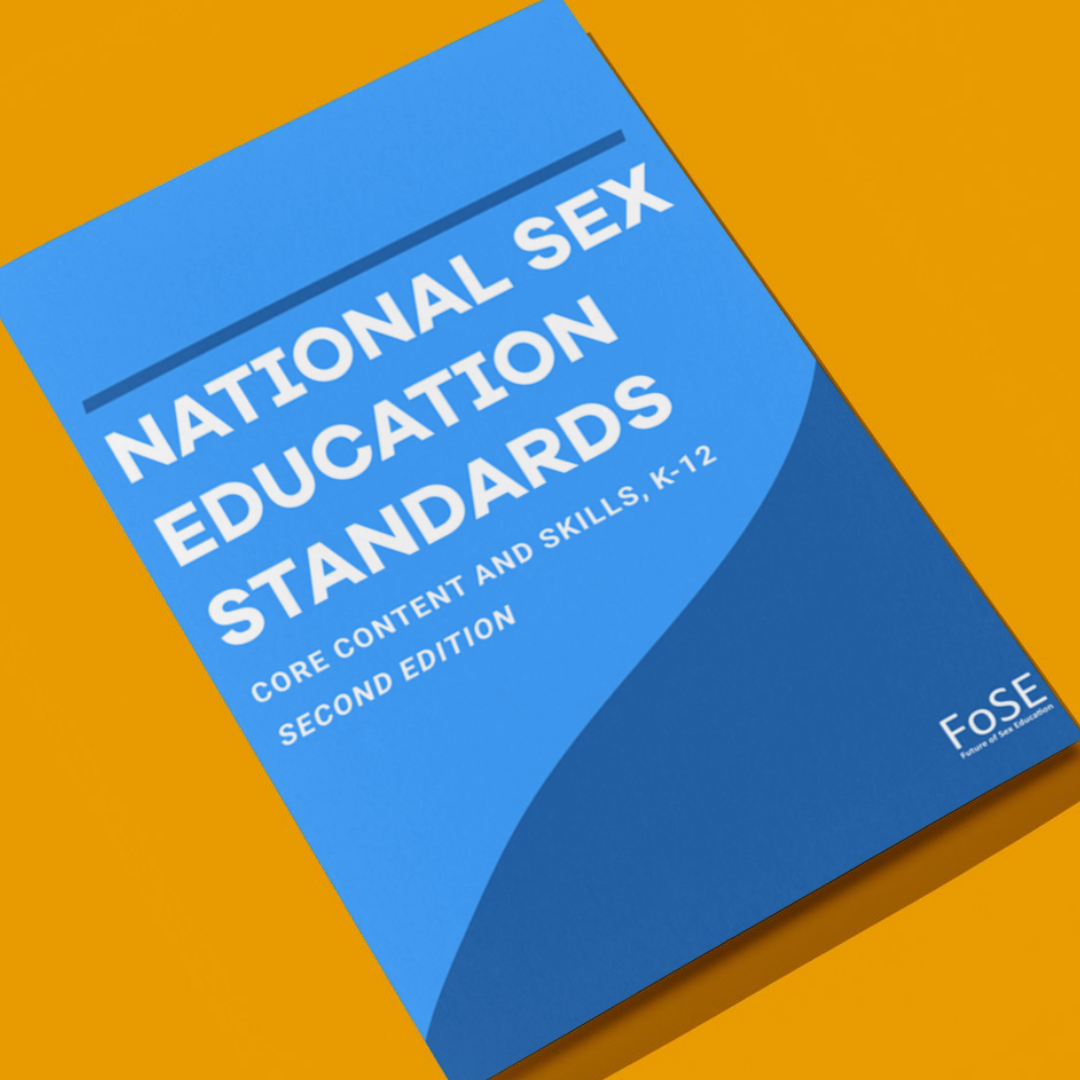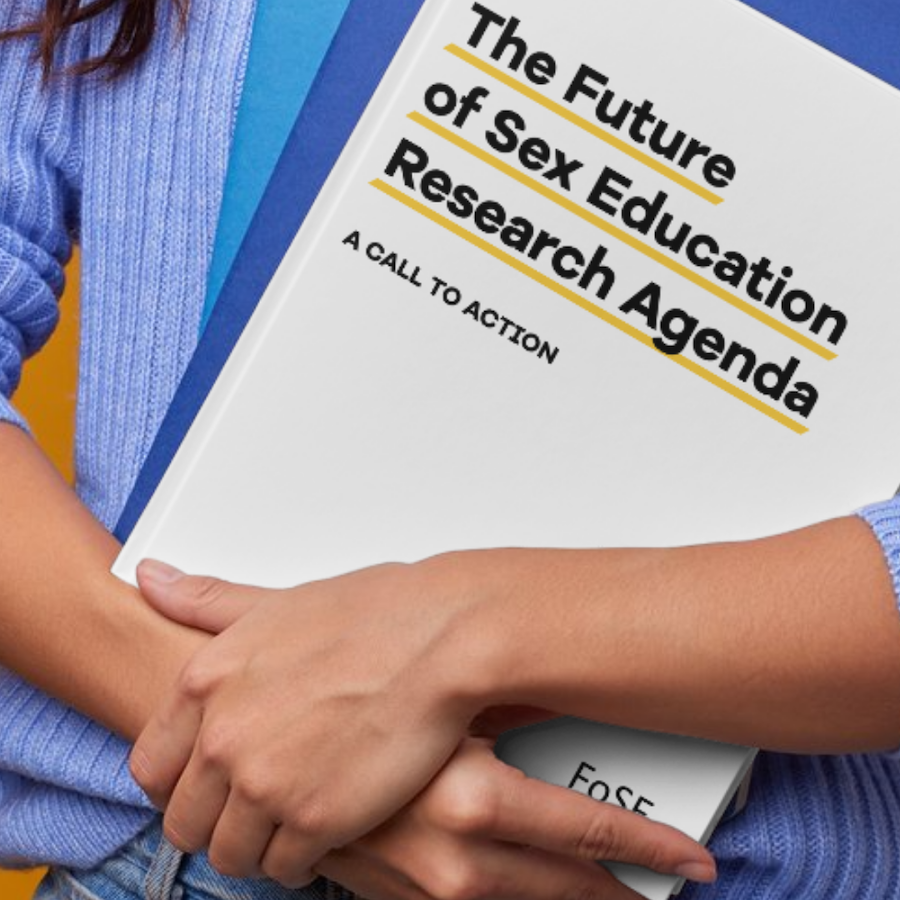
The Future of
Sex Education (FoSE)
Young people need honest,
accurate sex education
FoSE—a collaboration of Advocates for Youth, Answer, Planned Parenthood Federation of America, and SIECUS: Sex Ed for Social Change—aims to champion sex education and create conditions that prioritize and protect the wellbeing of all young people.
FoSE aspires to build a national foundation that empowers policymakers, school administrators, and educators to implement and sustain sex education and cultivate supportive learning environments.
National Sex Education Standards
Research, resources, and best practices to ensure students receive quality sex education.
Take Action
Education Should Be Accessible For All!
Stop the Dismantling of the Department of Education. The Future of Sex Education (FoSE) calls on lawmakers, educators, and advocates to take a stand against the Trump administration's assault on public education.
The Future of Sex Education Research Agenda
Advancing the conversation on improving and expanding data collection, evaluation, and research efforts to understand the broader individual, community, and social benefits of comprehensive sex education (CSE) in the United States.



